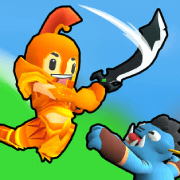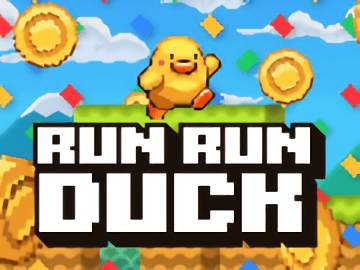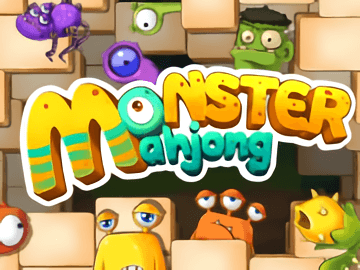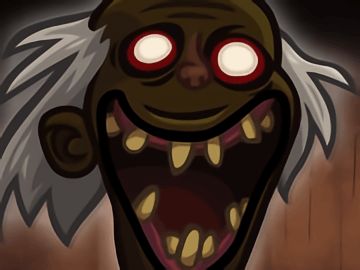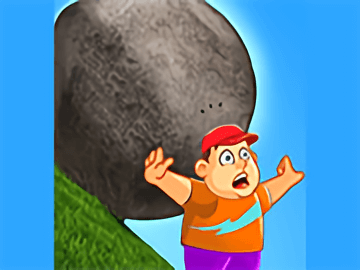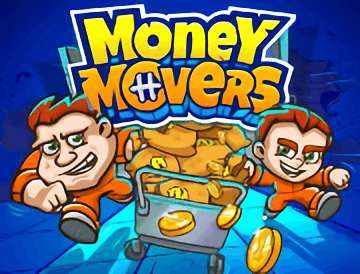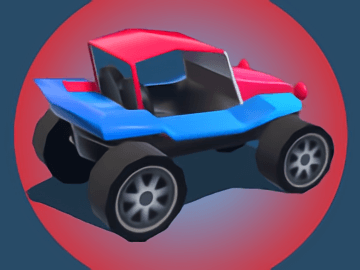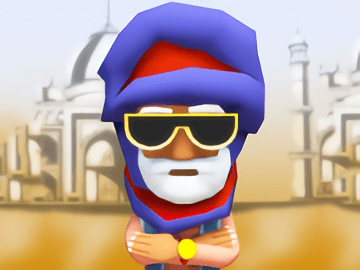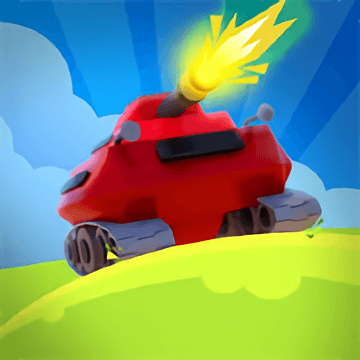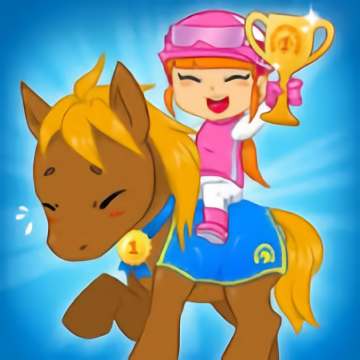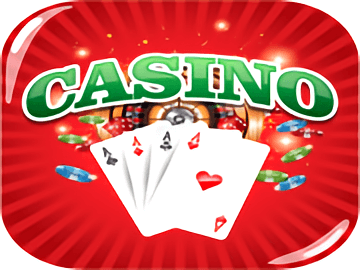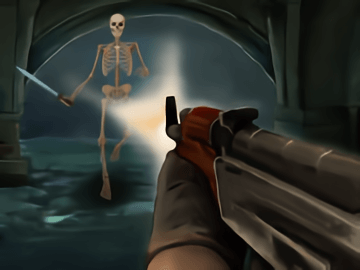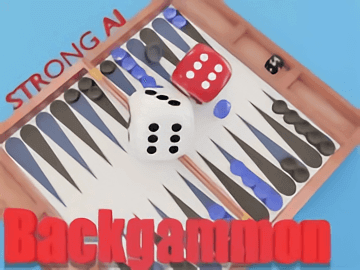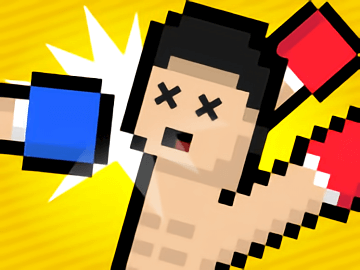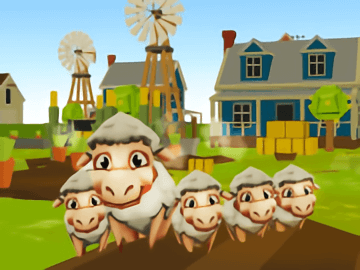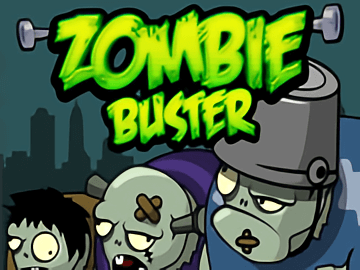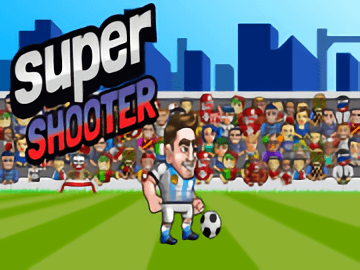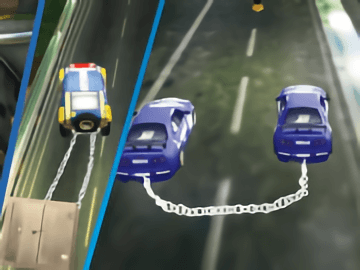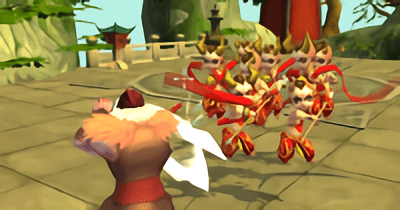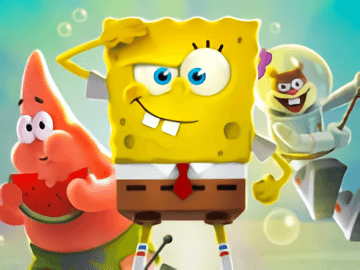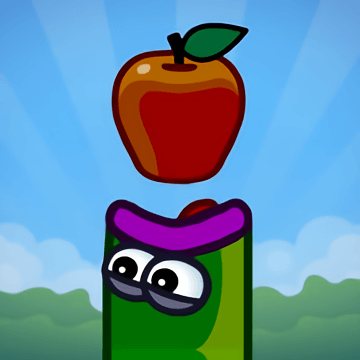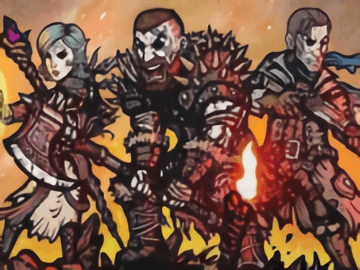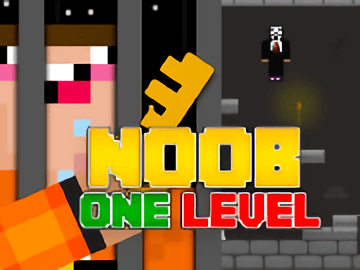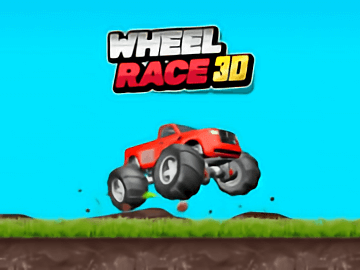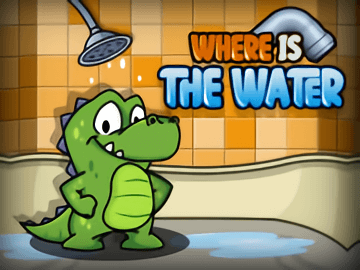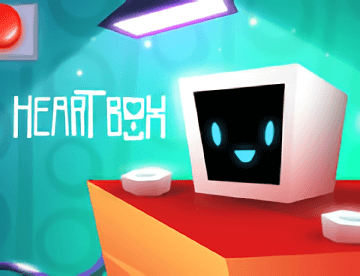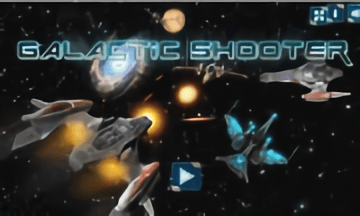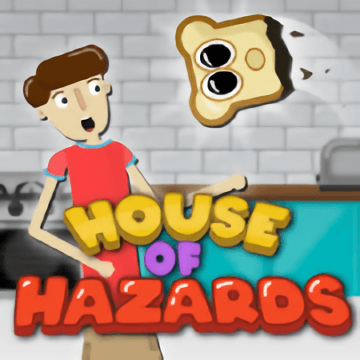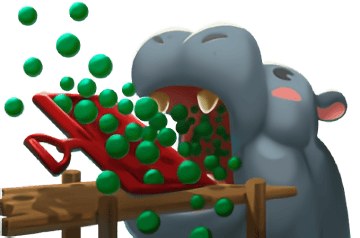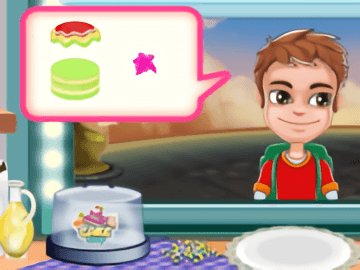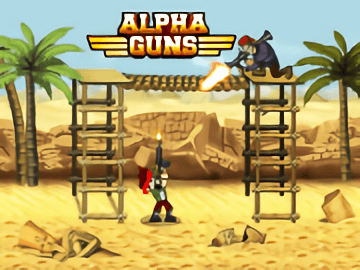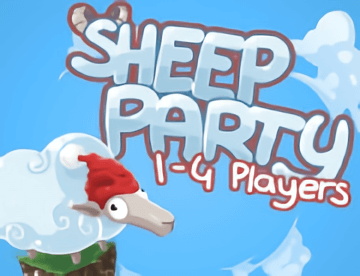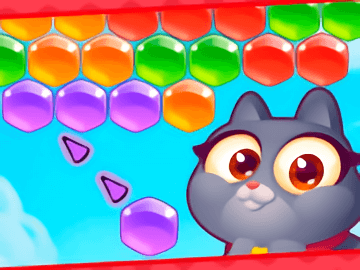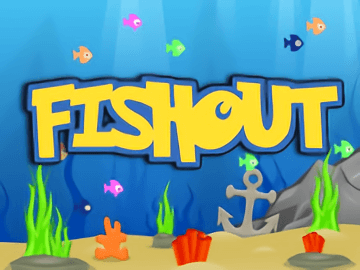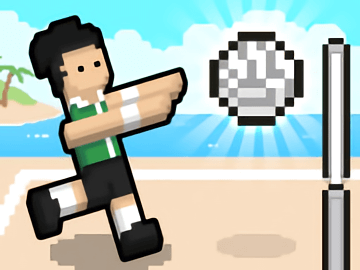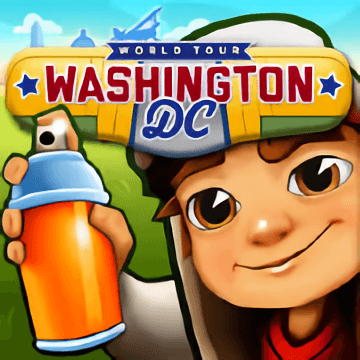The story depends on a component supplied by Leslie Hook, and is about the existence of decisions that Uber drivers have to make to make a living. The game encourages you to play as a person and stick to decisions throughout the game, depending on the real choices and planning made by real people. The game recently highlights the crowd and urges them to sincerely understand the story. As Manovic (1999) explains, most accounts and games are comparable, where the crowd has to reveal the hidden consequences or its calculation. The Financial Times says in a study of the game that they accept that games are a significant but understudied use of intuition in the news. That's right, collaboration within the substance we produce is urgent for the distribution business (Bradshaw, 2017), and it helps push stories up through positions in web search tools.
The game is a model of the real world and the crowd can feel and feel and struggle to identify with this story, just as deeply immersed in the complexity of the topic. For example, depending on how the game is played, it can cause a feeling of resentment and frustration, which is relatively capable of the real people about whom it is written in history.
In this game you can see the importance of transition in the activities of the occasions. The story is told in a consistent query, which are the cases that happen in the daily life of an Uber driver. Several cases in the game are more noticeable than others and, accordingly, the decisions made in the game are generally not equivalent. In this sense, it contributes vigorously to the pace of history. For example, there is more emphasis on making decisions about planning to repair a vehicle when it is damaged, and having enough opportunity to complete more "rides" or return home to help your child with his schoolwork. .
The game also gives the client a sense of control, given their conscious choice, which means that it is their activities that make the results that can happen in the game. Because Uber's game depends on real tales and stories collected by a writer, the decisions the client makes reflect the daily decision to exist made by real people, and therefore bring them closer to the story. It is normal to think of games as extremely mimetic, in light of the fact that the client plays as a person and puts himself in another person's shoes. As a gamer, you are usually mimetic in light of the fact that you choose the activities that a person performs. In any case, this is additionally dietary in view of the fact that the setting of the game is revealed to the player, who is separate from the actual current interaction. Ian McCamant, a game blogger, claims that the games really obscure the mimesis and diegesis account lines. He further clarifies that the games lie in place in the text and the actual game.
Towards the end of the game, there is a link to an article written by Leslie Hook about Uber drivers and their lives in San Francisco. When viewing the article, there are stories that were obtained and used in the game. Therefore, the game allowed the client / crowd to get closer to the story and flood into it. Nevertheless, I think this could have been introduced better. The text that explores the user of the real article was small, so countless people may have clicked on the page before looking at the whole story. In case there is something to improve, this would make the connection with the article clearer for the user.





 101
101 11
11 Full Screen
Full Screen EMBED
EMBED
